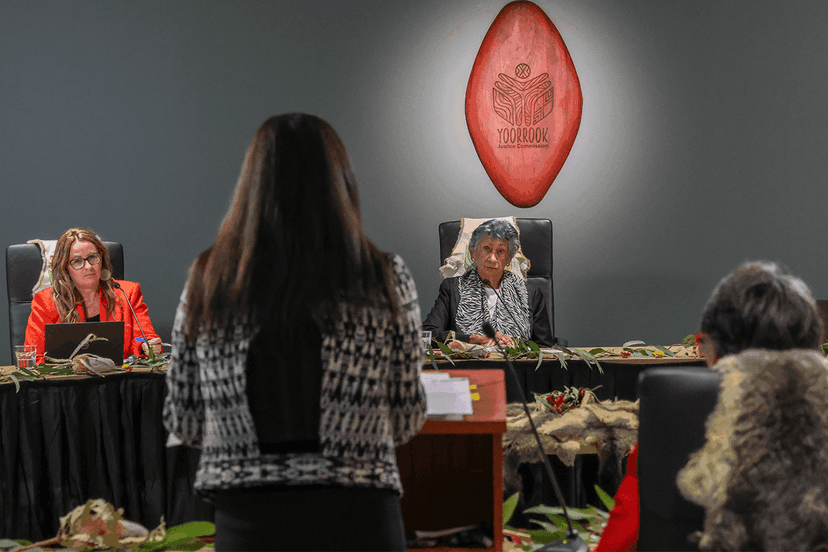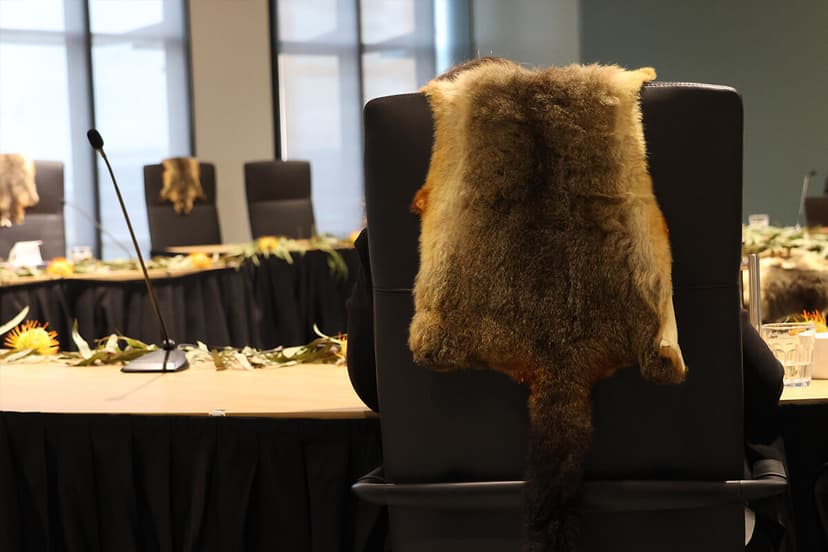Criminal Justice
The Yoorrook Justice Commission looked into the criminal justice system as part of the truth telling process in Victoria.
For First Peoples, the criminal justice system has long been a site of systemic injustice. There is an unbroken line between the criminalisation of First Peoples’ resistance to dispossession at colonisation and the actions, laws and policies in the current criminal justice system.
sensitive material warning
Please be aware that this page may contain sensitive material. Read our self care guidelines to help manage any feelings of distress.
The Criminal Justice System
There is an unbroken line between the criminalisation of First Peoples’ resistance to dispossession at colonisation and the actions, laws and policies in the current criminal justice system.
Today, First Peoples continue to be overrepresented at each point of the criminal justice process. Injustices in the areas of health, housing, education and economic prosperity compound this overrepresentation.
First Peoples must have decision-making power, authority, control and resources in the criminal justice system as these relate to them. The State must uphold its commitments to reducing overrepresentation and achieving self-determination.
On this page you will find some of the responses Yoorrook has received as part of its inquiry into the criminal justice system.
This page has been adapted from the Yoorrook Justice Commission reports, which are fully referenced. For referenced information please view the reports linked on this page.
Criminal Justice Statistics
First Peoples in Victoria accused of a crime are more likely to be arrested, and less likely to be given a caution or warning than other Victorians accused of a crime.
These statistics highlight the disproportionate impact of the criminal justice system on First Peoples, revealing patterns of systemic inequality.
Adult First Peoples are incarcerated in Victoria at 14.1 times the rate of non-First Peoples.
Aboriginal men are 13.6 times as likely than non-Aboriginal men to be in prison.
Aboriginal women are 13.2 times as likely than non-Aboriginal women to be in prison.
There have been 34 deaths of Aboriginal people in custody in Victoria since 1991.
Between 2010 and 2019 the number of Aboriginal women in prison on remand increased by 475 per cent.
Between 2010 and 2019 the number of Aboriginal men in prison on remand increased by 598 per cent.
Young First Peoples are incarcerated in Victoria at 10.4 times the rate of non-First Peoples.
64 per cent of Aboriginal young people subject to Victorian youth justice supervision have also had child protection involvement.
Submissions and Evidence
Submissions received related to the criminal justice system.
First Peoples’ contact with the criminal justice system is shaped by widespread social disadvantage.
Leaders, exerts and practitioners explained to Yoorook the complex role of widespread injustice and social disadvantage in contact with the criminal justice system. Here witnesses highlight the holistic approach to addressing overrepresentation and other issues with the system.
Public Hearings: 27 April – 15 May 2023
The purpose of these public hearings was for the Yoorrook Justice Commission to question Victorian government ministers, senior bureaucrats and the Ch... more
Directions Hearing: 4 April 2023
The Yoorrook Justice Commission called a directions hearing at 10am on Tuesday 4 April for an update on the Victorian Government’s response to a previ... more
Directions Hearing: 27 March 2023
The Yoorrook Justice Commission called a directions hearing at 10am on Monday March 27 regarding the Victorian Government’s non-compliance with the Co... more
Public Hearings: 1-9 March 2023
The purpose of these public hearings was to hear from Community members with first-hand experience of the child protection and criminal justice system... more
Prisons are not a place where women can heal
Djirra reports that “at least 24% of the women Djirra supported in 2023 had been misidentified as perpetrators of violence by Police. Misidentification leads to criminalisation, incarceration, and is a major contributor to the removal of our children. It also has far reaching ramifications for Aboriginal women in need of other critical services such as housing and employment.”
Reports on the criminal justice system
Yoorrooks inquiries into First Peoples’ experience with the criminal justice system contributed significantly to various aspects of the Yoorrook For Justice report.
- Yoorrook for Justice Part C: Focus on Child Protection and Criminal Justice Systems
- Yoorrook for Justice Part E: The Criminal Justice System
- Yoorrook for Justice Part F: Other Matters.
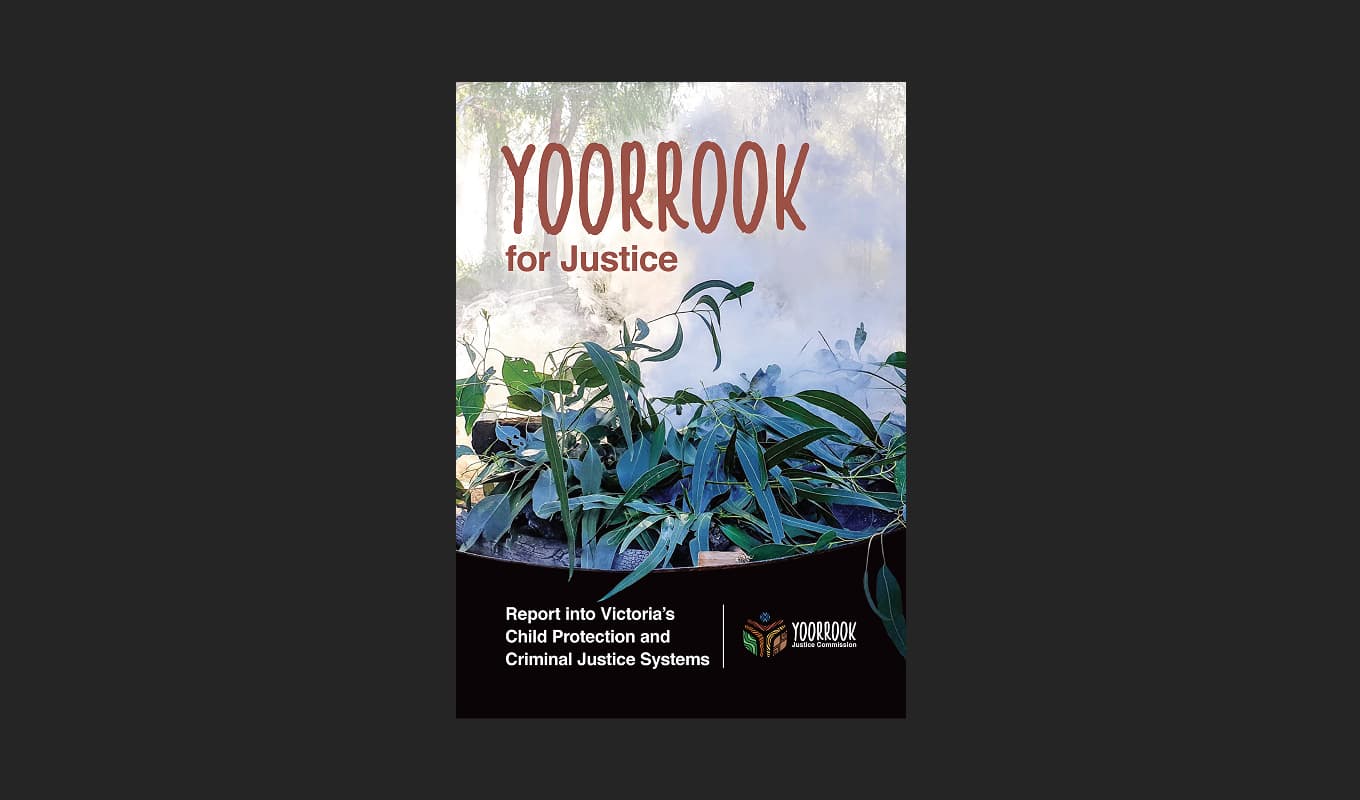
Recommendations to address overrepresentation of First Peoples’ in the criminal justice system
We must address the overrepresentation of First Peoples in Victoria’s criminal justice process as a matter of urgency. Yoorrook for Justice made 17 recommendations about how to achieve this.
The Victorian Government must establish and adequately resource a new independent police oversight authority, headed by a statutory officer who has not been a police officer, to:
a. investigate and determine all complaints about police (except for minor customer service matters)
b. investigate and report on all police contact deaths and serious incidents
c. conduct independent monitoring of and reporting on police custody and detention
d. on its own motion, monitor, audit, systemically review and report on the exercise of police powers and interactions with the public including customer service matters
e. undertake own motion, public interest investigations, and
f. publish reports in the public interest.
The new authority must:
g. have powers to arrest, search property and compel the production of information including from Victoria Police, and
h. include a dedicated division for complaints from First Peoples that is under First Peoples leadership.
Access to pre-charge cautions in the adult criminal legal system in appropriate cases should be increased by all necessary legislative, administrative and others means including by
- legislating a positive duty upon Victoria Police to:
- take into account an Aboriginal person’s unique background and systemic factors when making decisions on cautioning or diversion
- demonstrate the steps taken to discharge this obligation, and
- record reasons for their decisions
- introducing a legislative presumption in favour of alternative pre-charge measures in appropriate cases (for example, verbal warnings, written warnings, cautions and referrals to cautioning programs), and
- Victoria Police publishing cautioning data in its Annual Report, including specific data comparing cautioning rates for Aboriginal and non-Aboriginal people.
The Equal Opportunity Act 2010 (Vic) must urgently be amended to prohibit race and other forms of discrimination in the administration of State laws and programs, including all functions performed by Victoria Police, Corrections Victoria and child protection authorities.
In relation to the decriminalisation of public intoxication:
- the Chief Commissioner of Police must ensure that Victoria Police conduct is closely monitored to ensure police members do not use existing powers to unnecessarily take intoxicated people into custody, for example by ‘up-charging’, and
- the Victorian Government’s planned independent evaluation of the monitoring of police conduct must:
- be First Peoples led, with appropriate governance by them
- cover at least the first 12 months and then three years of implementation, and
- have results that are made public.
The following mandatory criteria must be introduced for the selection and appointment of the Chief Commissioner of Police and when undertaking annual executive performance reviews of the Commissioner:
- knowledge, experience, skills and commitment to changing the mindset and culture of Victoria Police, to end systemic racism and to ensure the human rights of First Peoples are respected, protected and promoted in all aspects of police operations
- understanding of the history of colonisation and in particular the role of Victoria Police in the dispossession, murder and assimilation of First Peoples, and the ongoing, intergenerational trauma and distrust of police this has caused
- recognition of ongoing systemic racism within Victoria Police and the need for this to be identified, acknowledged and resisted, and
- experience, skills in, and commitment to, changing the culture of Victoria Police to end systemic racism and to ensure the human rights of First Peoples are respected, protected and promoted in all aspects of police operations and the organisation.
The overrepresentation of First Peoples’ in the criminal justice system can be traced to colonisation
Yoorrook heard extensive evidence that First Peoples’ experience exclusion and marginalisation in every area of social and economic life. Injustice across education, health, and housing, as well as exclusion from economic, political and social life, impacts overrepresentation. Trauma and racist legacies continue to contribute to overrepresentation.
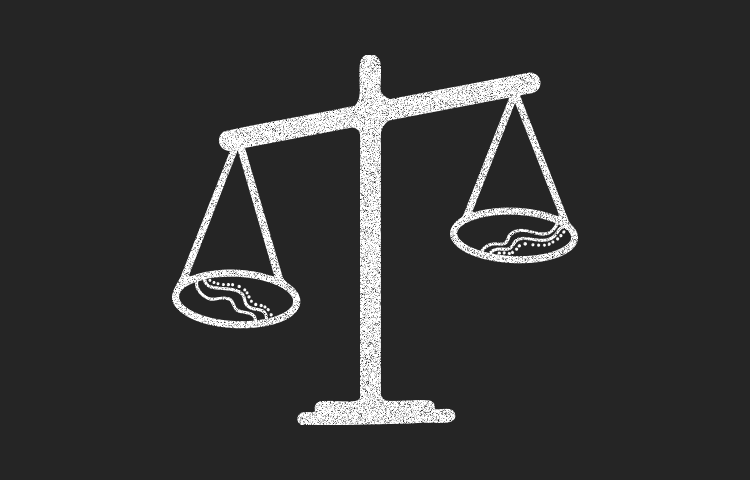
Explore other Focus Areas
The issues explored by Yoorrook are deeply connected—experiences in one area often impact outcomes in many others. Continue exploring the broader picture by visiting other Focus Areas below.
Support Resources
If you feel overwhelmed you can call 13 YARN (13 92 76) or Lifeline (13 11 44) for confidential support. For additional support options, visit support resources.
Reports and Recommendations
Read the official reports and recommendations of the Yoorrook Justice Commission.
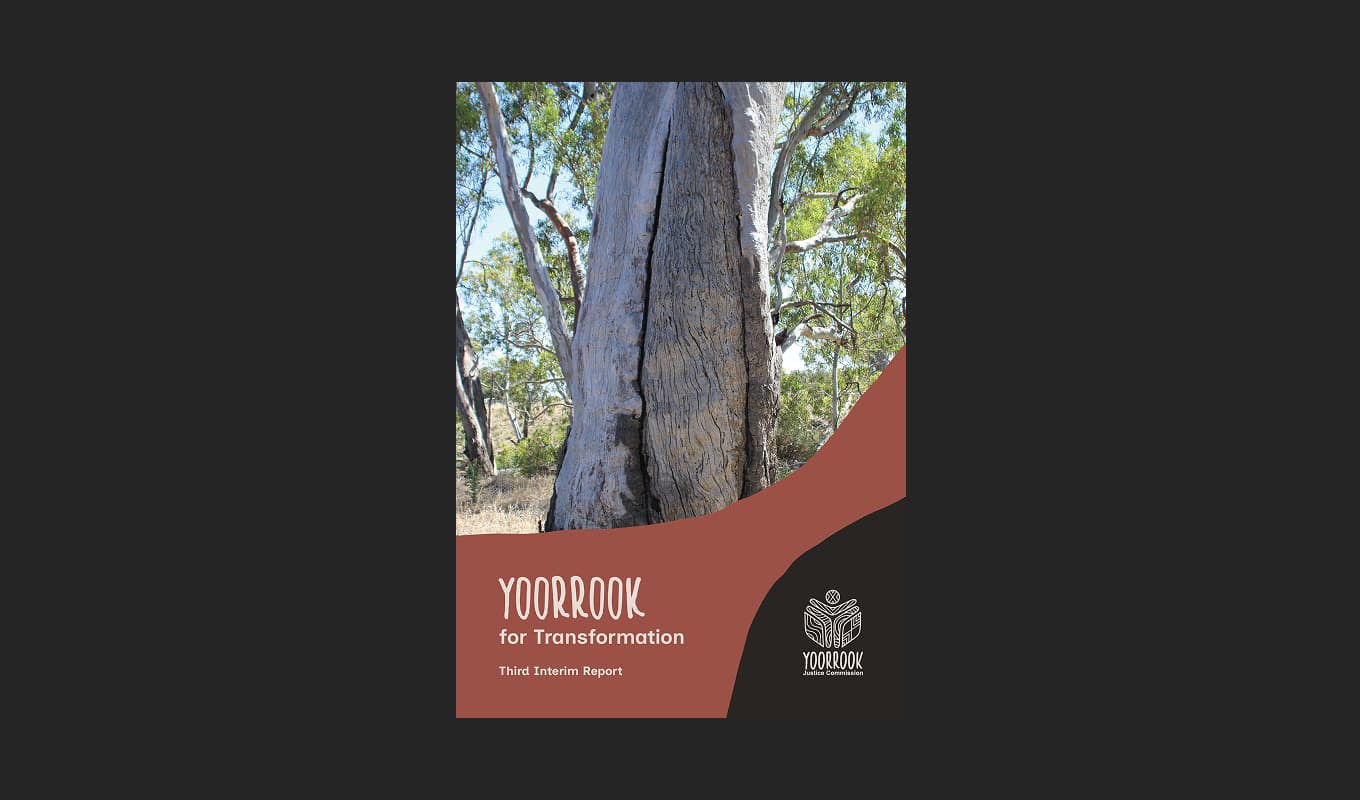
Yoorrook for Transformation
Third Interim Report: A five-volume comprehensive reform report presenting evidence and findings on systemic injustices, and specific recommendations for meaningful change to transform the future.
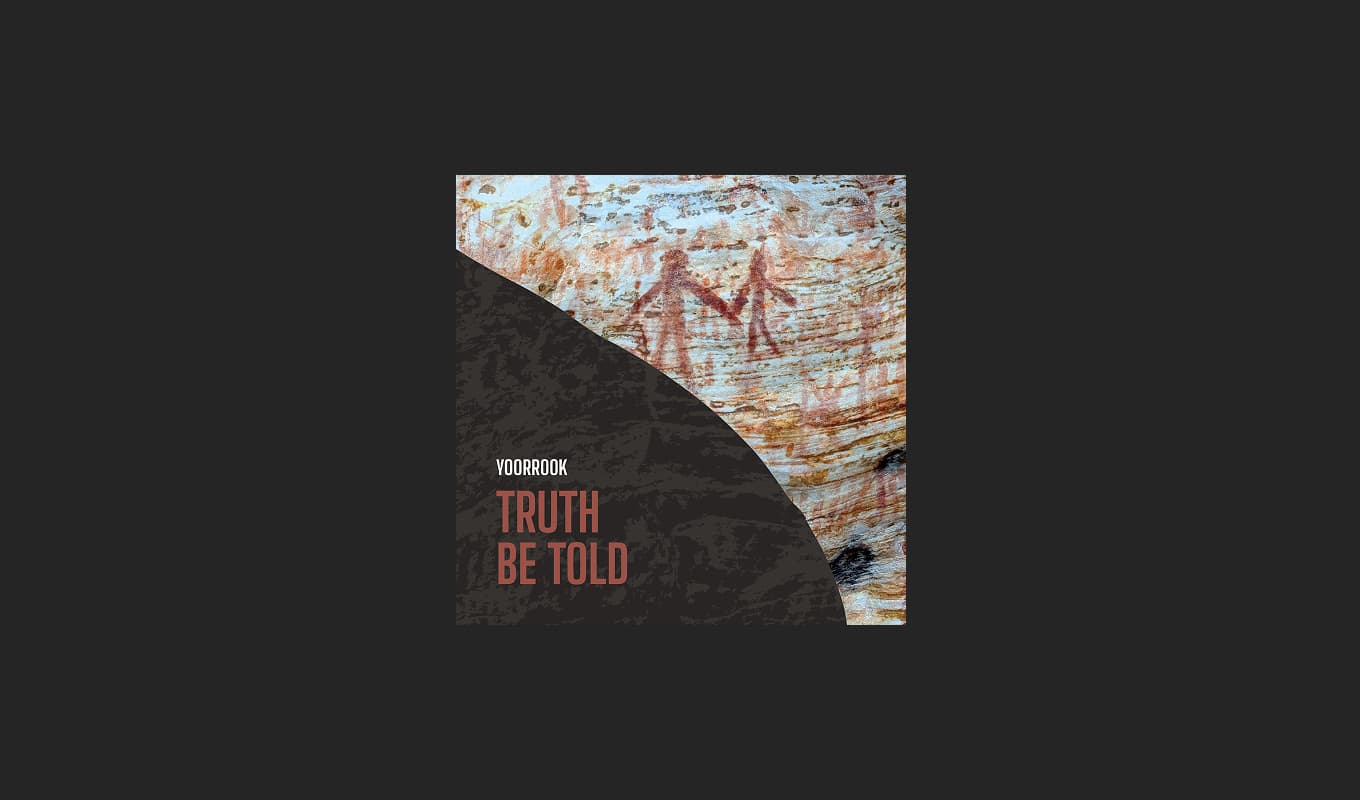
Truth Be Told
An official public record that documents First Peoples experiences since colonisation, preserves crucial testimonies for future generations and creates an enduring resource for education and understanding.

Recommendations for change
Yoorrook Justice Commission’s recommendations for truth-telling, justice, and systemic reform in Victoria.




